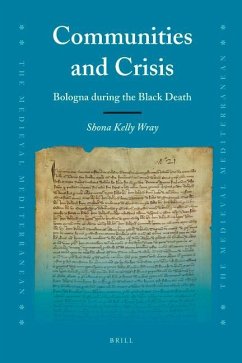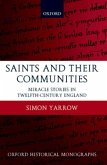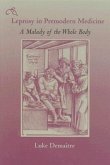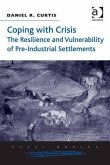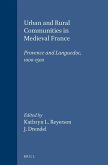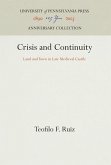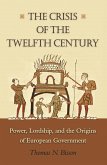Bologna is well known for its powerful university and notariate of the thirteenth century, but the fourteenth-century city is less studied. This work redresses the imbalance in scholarship by examining social and economic life at mid-fourteenth century, particularly during the epidemic of plague, the Black Death of 1348. Arguing against medieval chroniclers' accounts of massive social, political, and religious breakdown, this examination of the immediate experience of the epidemic, based on notarial records--including over a thousand testaments--demonstrates resilience during the crisis. The notarial record reveals the activities and decisions of large numbers of individuals and families in the city and provides a reconstruction of the behavior of clergy, medical practitioners, government and neighborhood officials, and notaries during the epidemic.
Hinweis: Dieser Artikel kann nur an eine deutsche Lieferadresse ausgeliefert werden.
Hinweis: Dieser Artikel kann nur an eine deutsche Lieferadresse ausgeliefert werden.

